Immuno-oncology, a winning alliance
Institutional Communication Service
In autumn 2021 a new Centre for biomedical reseach will be inaugurated in Bellinzona. To support this event, Ticino Management features a special series of articles presenting the activities of the two main residents of the facility, IRB and IOR. In this article we learn about the new perspectives in cross-sectional research between immunology and oncology.
[courtesy of Ticino Management, May 2021 issue]
While the intuition that the immune system may be able to protect the human body against cancer dates back to the beginning of the twentieth century, with early experimental evidence dating back to mid-century, it is only in the last few years that the field of oncology has been revolutionised by the development of new therapies that target cancer cells by stimulating the immune system of patients and enabling it to recognise and destroy cancer cells, even if they try to evade it. The rapid advancement of these approaches has already enhanced and, in the near future, will further complement classical techniques such as surgery, chemo- and radiotherapy or molecule-targeted therapies to fight the progression of tumours and to improve the survival rate of patients.
However, the creation of new immunotherapies requires a multidisciplinary approach capable of merging two distinct expertise, oncology and immunology: researchers of the former are required to study the basic and clinical aspects of cancer, the latter are essential to study the immune response against aggression.
Tumours can have several triggers, including genetic, epigenetic, metabolic alterations, tumour microenvironment or cancer stem cell activation. As they progress, they may acquire the ability to form metastases and become resistant to therapies. These aspects are being investigated by various groups at the Institute for Oncology Research (IOR), increasingly in collaboration with researchers at the Institute for Research in Biomedicine (IRB), with the aim of both understanding the causes and seeking a solution. Located in Bellinzona, these two Swiss research institute, both affiliated to Università della Svizzera italiana, are in a unique position to generate valuable new knowledge. Indeed, both institutes have worldwide experience in the study of important tumour types, such as prostate cancer, breast cancer, liver cancer, melanoma and general cancer mechanisms. The existing synergies will further consolidate as of autumn, when the two institutes will be under the same roof, in the new premises of the Centre of biomedical research in Bellinzona.
In the feature article by Susanna Cattaneo the comments of the following IRB and IOR researchers:
- Giuseppina Carbone, MD, Group leader Prostate cancer biology, IOR
- Carlo Catapano, MD, Director of the IOR and Head of the Tumor biology and experimental therapies programme
- Andrea Alimonti, MD, Group leader Molecular oncology, IOR
- Jean-Philippe Theurillat, MD, Group leader Functional cancer genomics, IOR
- Andrea Cavalli, PhD, Group leader Computational structural biology, IRB
- Arianna Calcinotto, PhD, Group leader Cancer Immunotherapy, IOR
- Mariagrazia Uguccioni, IRB Deputy director and Group leader Chemokines in Immunity
- Santiago González, PhD, Group leader Infection and Immunity, IRB
- Roger Geiger, PhD, Group leader Systems Immunology, IRB
- Petr Cejka, PhD, Group leader Recombination Mechanisms, IRB
Continue reading the article (in Italian) here (page 76-79):
https://en.calameo.com/read/004279913205ef6b15ab2




